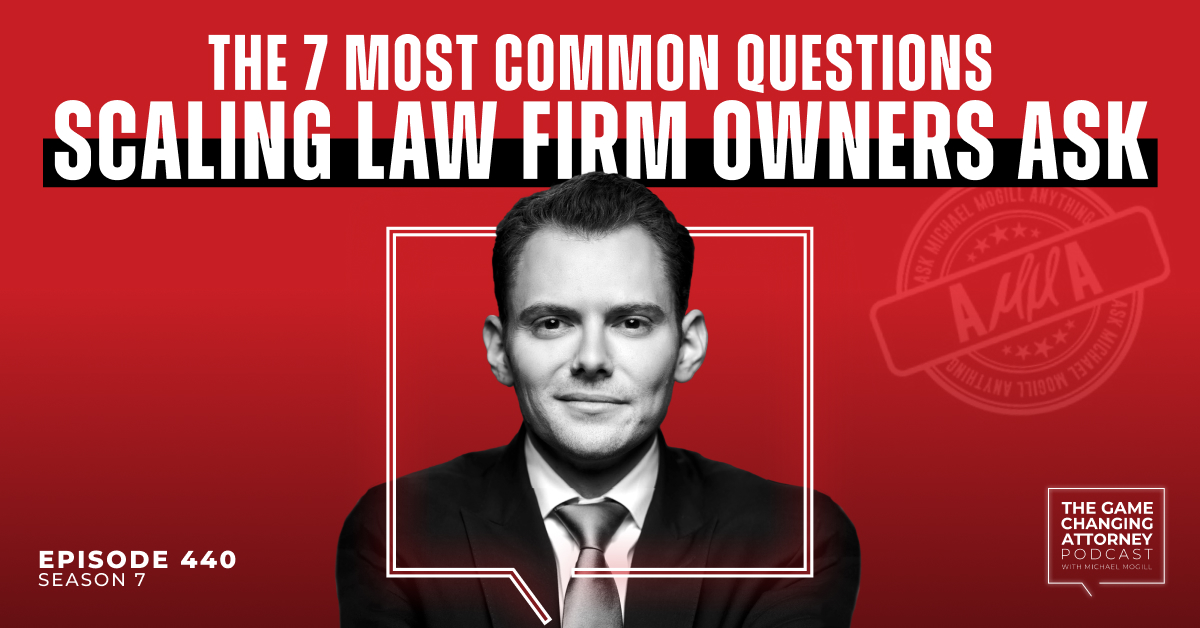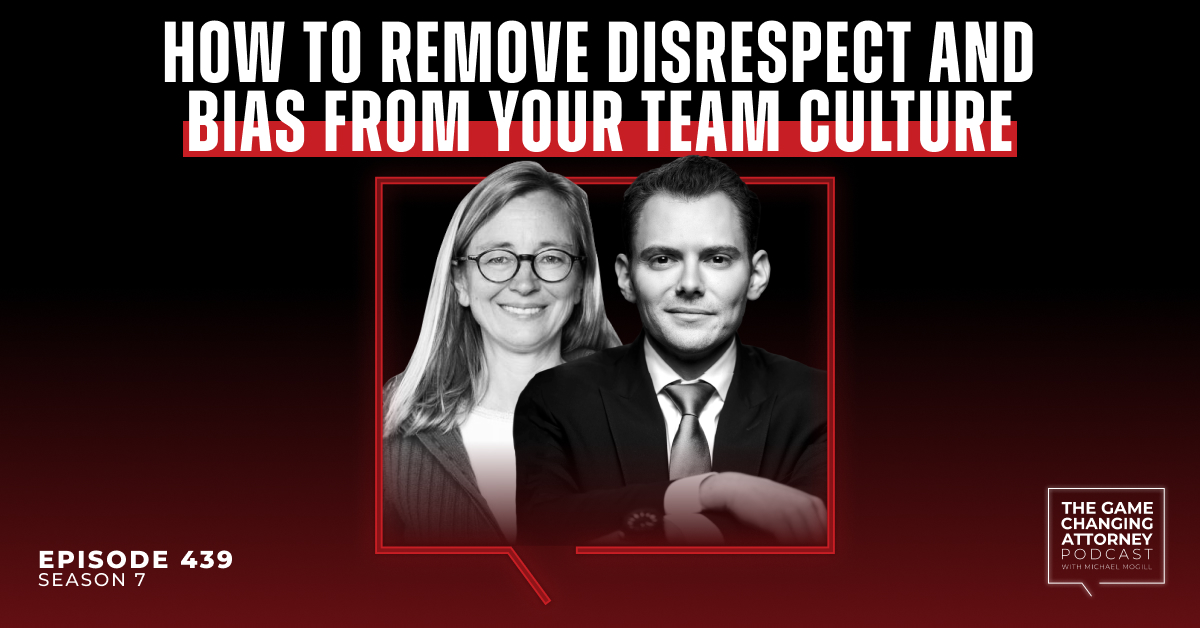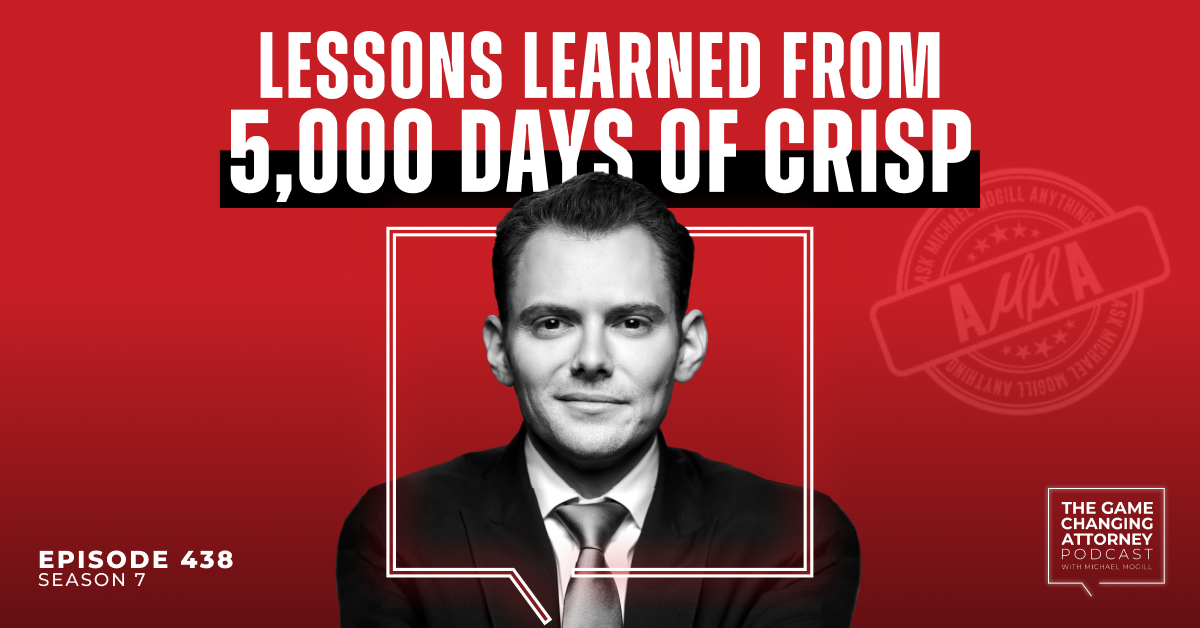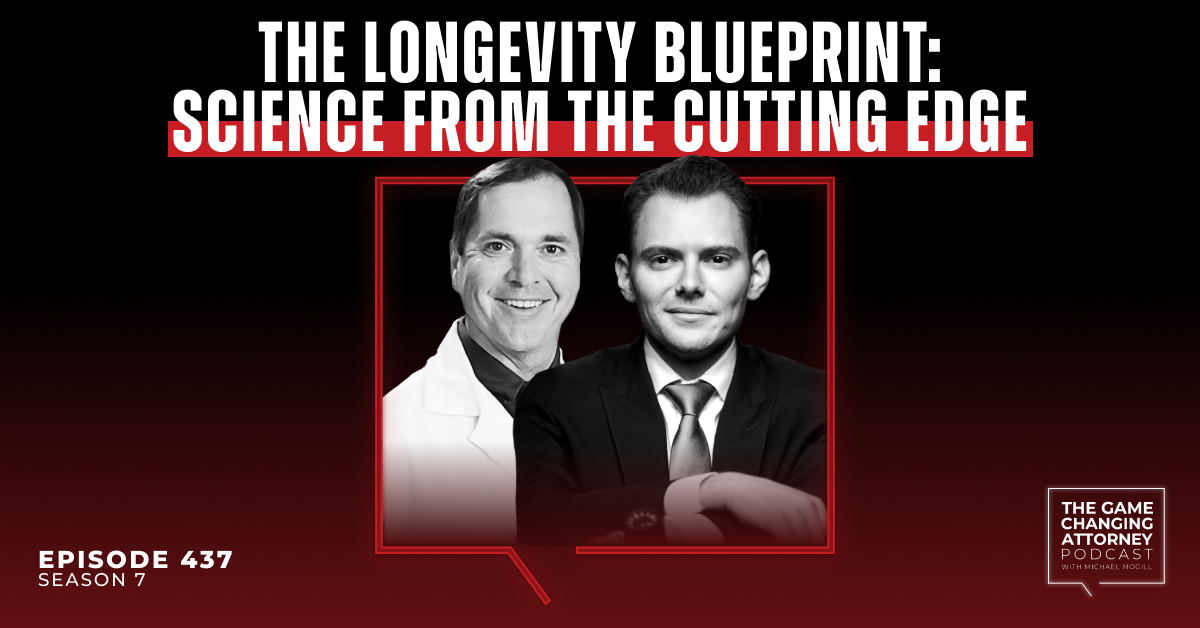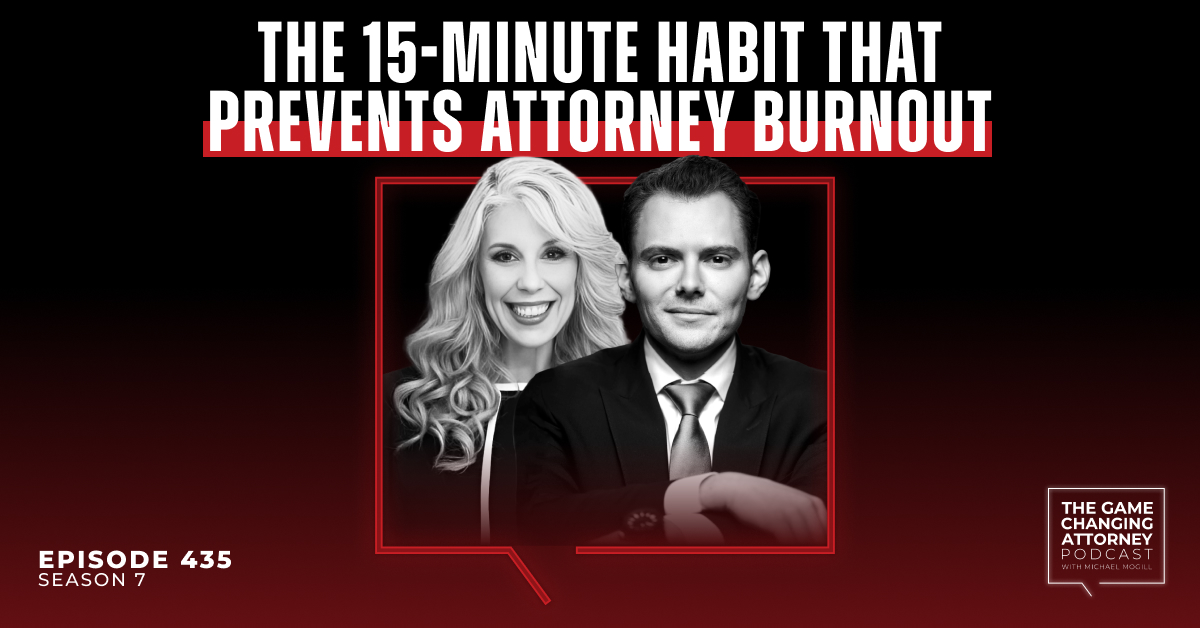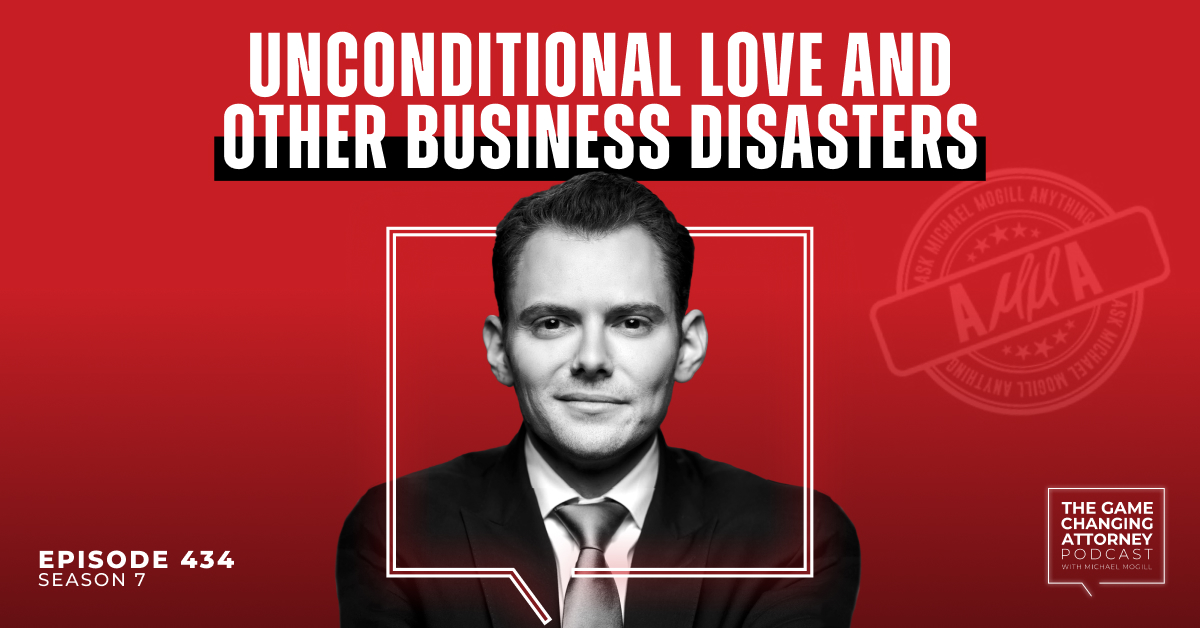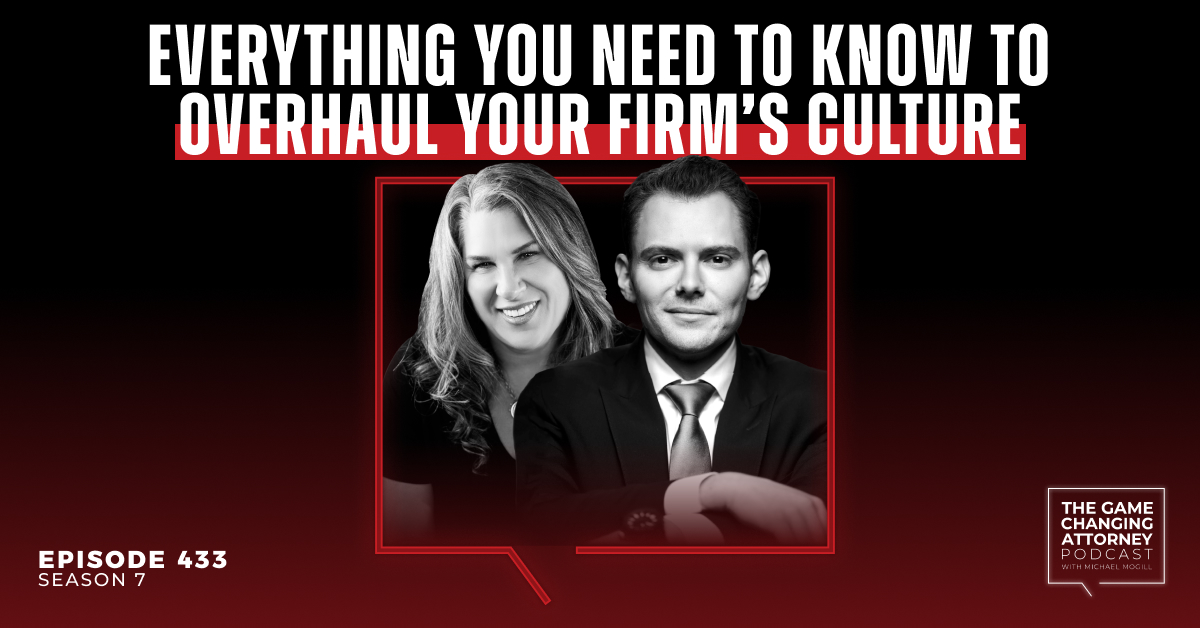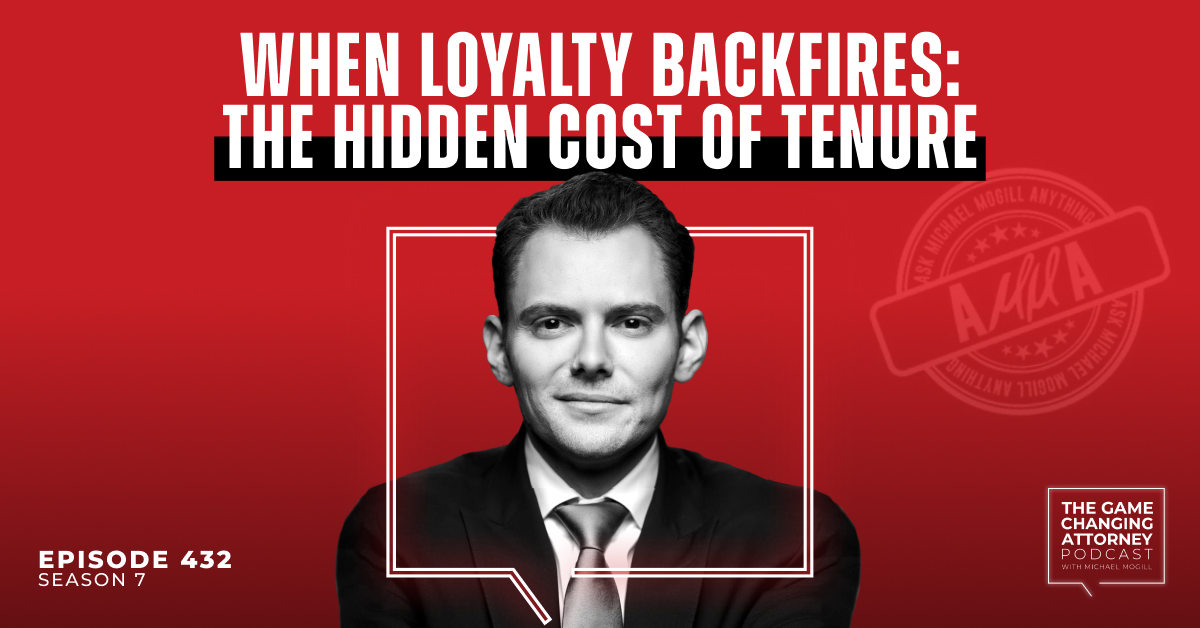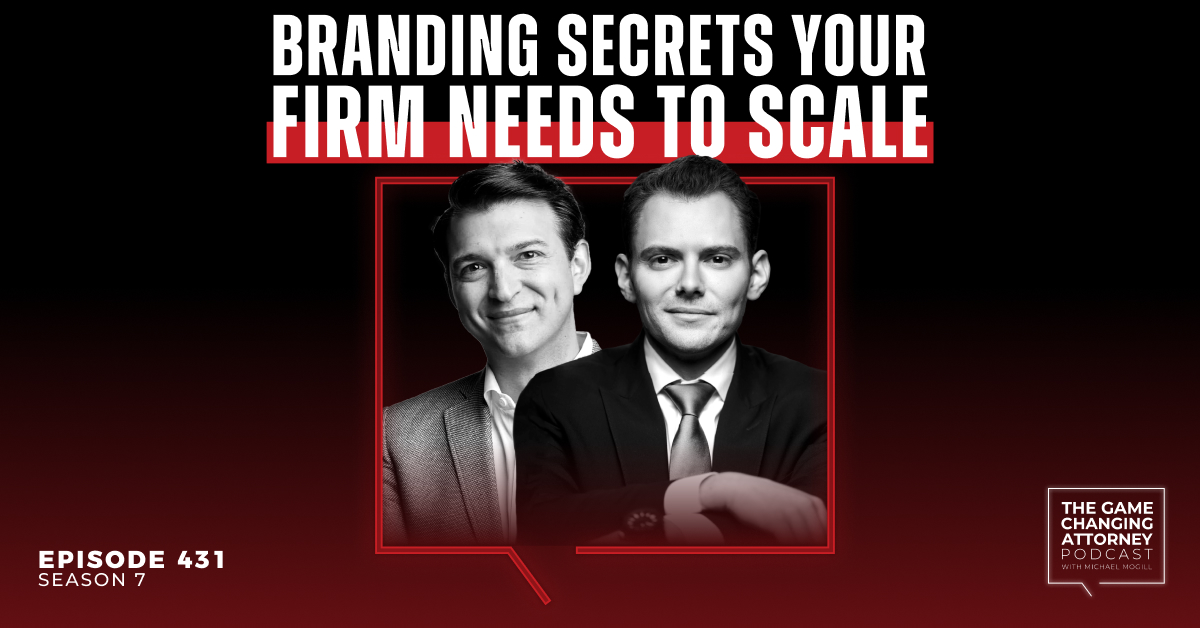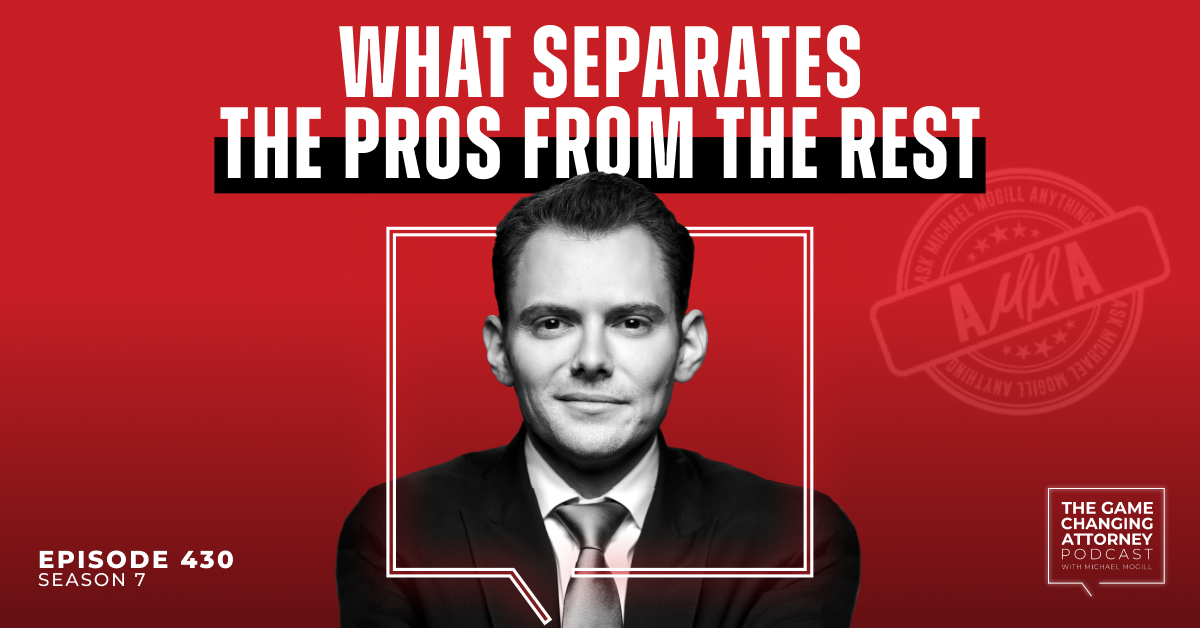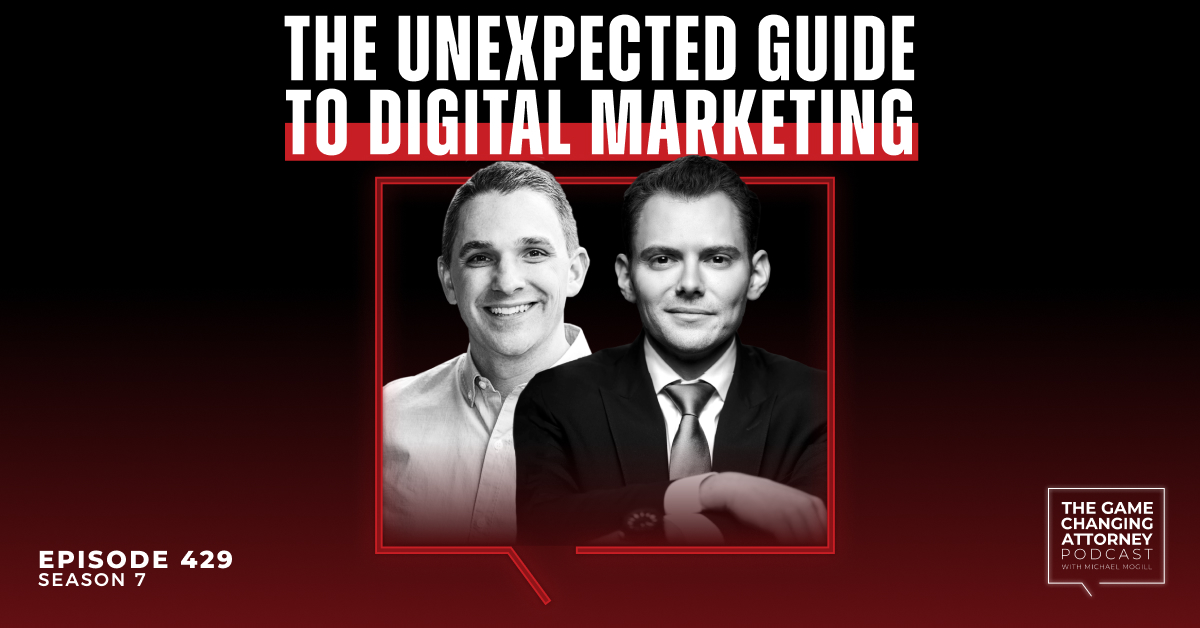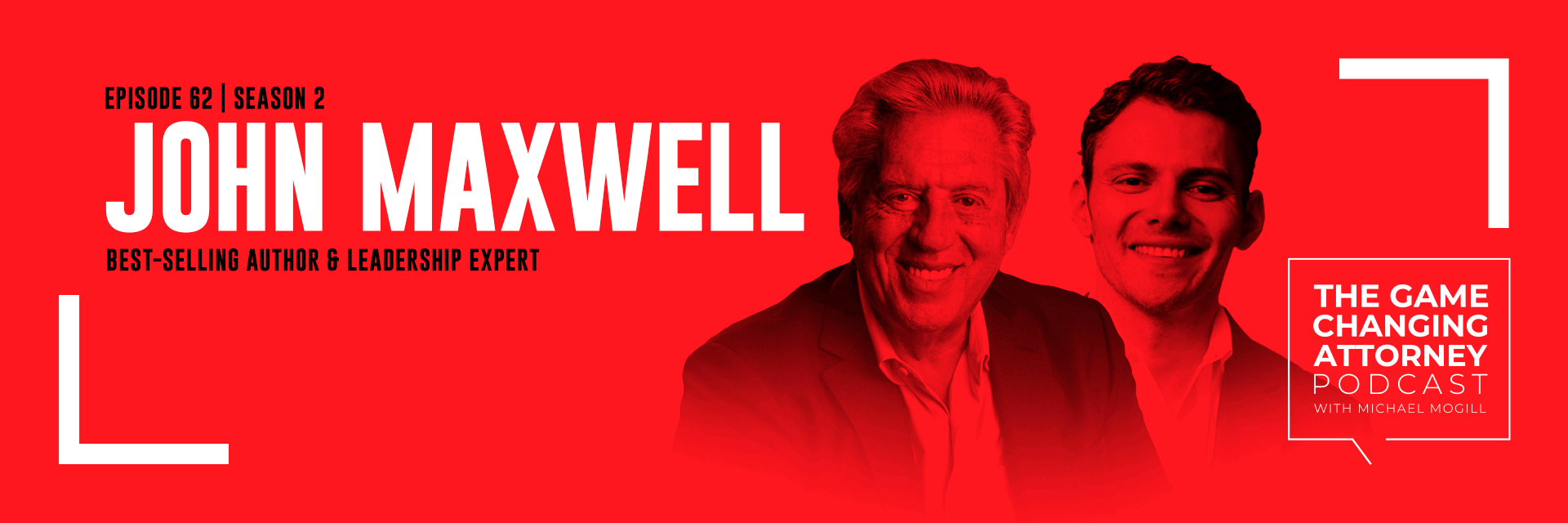
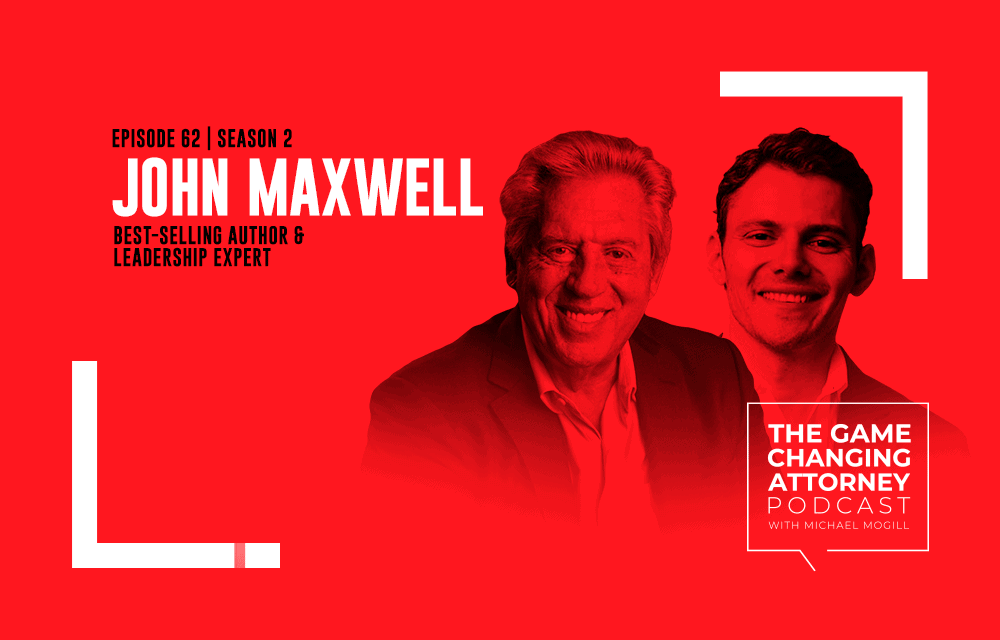
EPISODE 62 — John Maxwell — Leadership is a Verb, Not a Noun
John C. Maxwell lives and breathes leadership. A #1 New York Times best-selling author, John has written over 50 books on the subject, which have sold more than 26 million copies worldwide. John was named the #1 leader in business by the American Management Association and topped the list of most influential leadership experts in Inc. Magazine.
Through his companies and The John Maxwell Leadership Foundation, John teaches people how to unlock their potential. Having educated millions of people from every corner of the globe, John’s advice is valued across the public and private sectors. All this growth has come from his steady hand at the helm. As he says, “Everything rises and falls on leadership.”
In this episode, he’ll answer questions such as:
- What is John’s greatest leadership challenge?
- How do you uncover your blind spots?
- What separates the top 2% of leaders from all the rest?
- How can you reach your full potential?
- and much more!
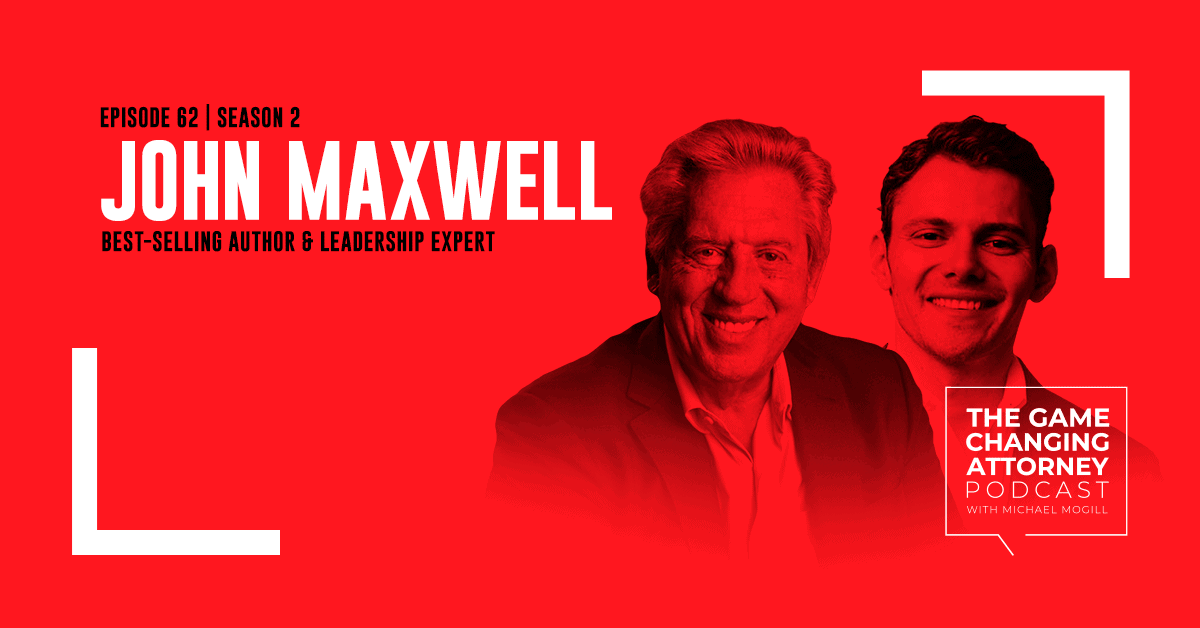
Listen & Subscribe
Show Notes:
6:37 – Leading is adding value. “People think leadership is a noun, but it’s a verb. Too many see leadership as a title or a position, and it’s neither of those. Leadership is influence, and the best way to gain influence with people is to intentionally add value to them. I don’t think everybody has the same leadership capacity, but I think anybody can learn how to influence people and how to add value to them.”
7:30 – The best leaders motivate; the worst manipulate. “Everything rises and falls on leadership. The biggest difference between good leaders and bad ones is their motivation. There’s a thin line between motivation and manipulation. Motivation is always right and manipulation is never right. Motivation is moving people for mutual advantage, while manipulation is moving people for personal advantage. The moment that leadership starts to be for me instead of for you is when I start manipulating you. And that’s always wrong. So I think the big difference between a good and bad leader is why they want to lead. If it’s for the reward and perks of leadership, there are going to be problems. If it’s for the responsibility of really helping you make a difference, then you’re going to probably be a good leader.”
9:29 – Ego is the biggest leadership flaw. “When a CEO takes over an organization, they often want to put their own stamp on it instead of building on what previously worked. They’re basically saying that now it’s their company, which is a major mistake. I think the best leadership is like a relay race where the baton is handed off and the person who gets the baton can run that race really well. Leadership is all about legacy and succession, and when the ego gets involved, all the good possibilities for an organization are often lost. It’s an ego issue.”
11:00 – The three habits of the top leaders. “When you start talking about the top caliber of leaders, three things happened to get them there. The first is very obvious but not talked about very much, and that’s just good talent. The second is a real sense of humility, which makes us teachable. Life is all about learning new things and growing. That brings me to the third part, which is that you have to intentionally grow and develop yourself. Growth is not automatic. You don’t automatically get better; you have to be intentional and develop a growth plan.”
26:16 – Set up-front expectations. “People do what people see. We attract who we are, not who we want. So it begins with me, but it also begins with a sense of reality. A leader’s first responsibility is to define reality. Everything worthwhile is uphill. If you’ve got a great relationship with somebody that was uphill, you had to work at it. If you’re building a business, it’s all uphill. When you hire new people, you need to set some up-front expectations. There’s something valuable about creating an environment of understanding on the front end. And here’s what’s beautiful: the moment you embrace the fact that business can be difficult, it suddenly doesn’t seem as difficult anymore. Because disappointment is the gap between expectation and reality.”
30:53 – Lead by asking, not assuming. “One of the most common questions I get from companies is how to engage with millennial employees. And I tell them that the only way that they’ll ever get the best out of millennials is to value them right where they are. In other words, don’t try to change them. Their work ethic is different and their priorities are different, but they have a lot to offer. So if you have millennial employees, just ask them what their values are. Ask for their number one value, and then try to lead them based on that value. One of the things I love about them is that they want purpose in life and they don’t just work to work. If you ask enough questions as a leader, the people on your team will give you the answers you need to know. The problem with leaders is that so many of us lead by assumption. We assume that they’re this way, and we assume that they know this. Assumption is the mother of all leadership mess-ups. Managers lead everybody the same, but leaders lead everybody differently. You don’t get the best out of people by leading everybody the same. Lead according to what they want, not what you want.”
40:01 – There is value in failure. “We should never try to separate failure from success. They should always be together. When I work with people, I tell them they’re going to have some mess-ups, and it’s going to be okay. Because the value of messing up is that you become aware and you learn and you change. When you test a lot, you fail a lot — but failure can teach us so much.”
49:12 – Live a life with no finish line. “Being a game changer means three things. First of all, it means getting in the game. You can’t change it from the sidelines. Second, it means being a great teammate. Games aren’t won alone. As the challenge escalates, the need for teamwork elevates, and your team will love having you out there because you’re making them better. The third thing is understanding that the game is bigger than you. It doesn’t center around you. When you came into this world, the game was already on, and when you leave the world, the game won’t stop. I don’t think that there’s a finish line unless you’re putting one on yourself.”
EPISODE RESOURCES & REFERENCES
Zig Ziglar
Steve Harvey
Jeff Bezos
Richard Branson
Elon Musk
Jack Welch
General Electric
Jim Collins
No Limits by John Maxwell
21 Irrefutable Laws of Leadership by John Maxwell
Max De Pree
Leadershift by John Maxwell
Steve Jobs
Connect with Michael
- Text directly at 404-531-7691
